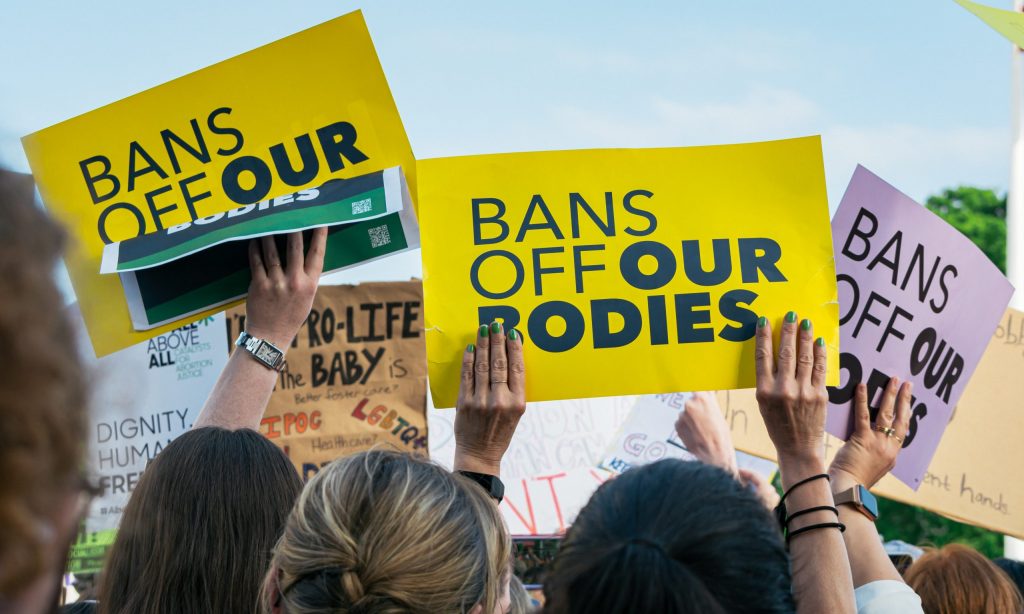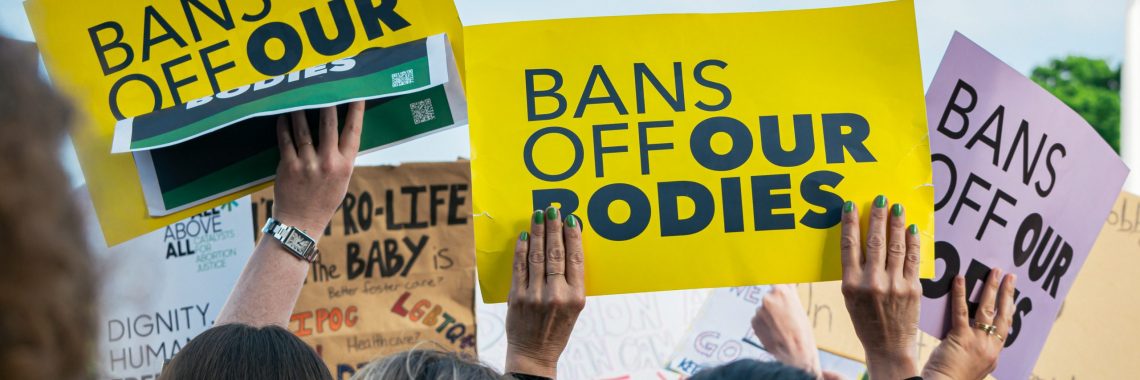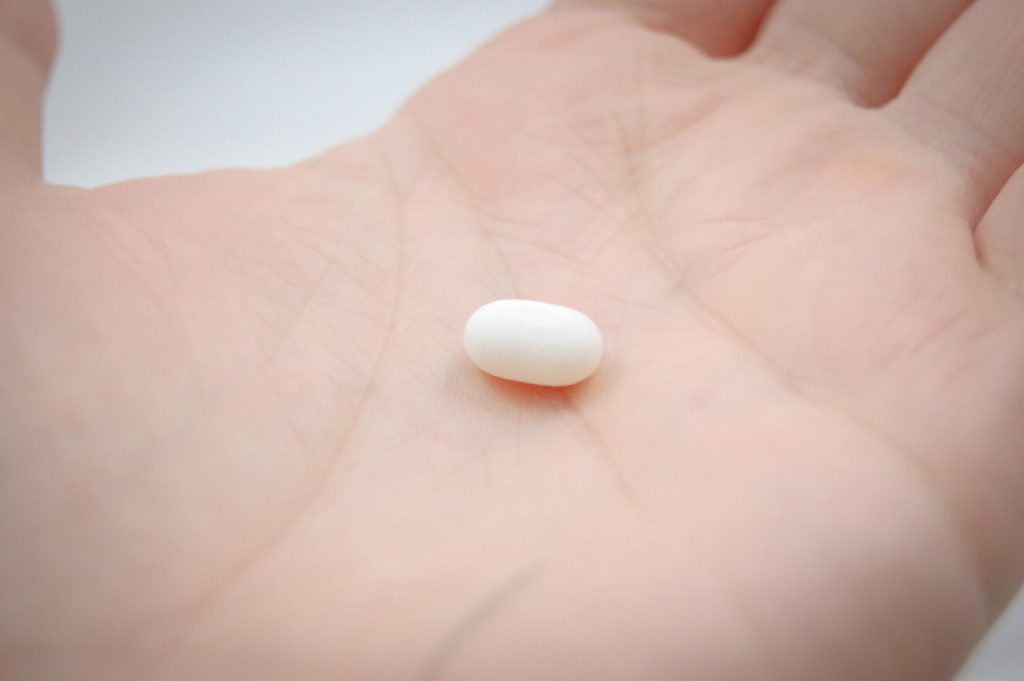Planned Parenthood to Open Abortion Facility Strategically Located Near Arkansas, Missouri, Oklahoma Borders

On May 14, Planned Parenthood Great Plains announced it intends to open an abortion facility less than 90 minutes from Northwest Arkansas this fall.
Planned Parenthood is the nation’s largest performer of abortions. Following the U.S. Supreme Court’s 2022 decision reversing Roe v. Wade, Arkansas began enforcing its pro-life laws prohibiting abortion except to save the life of the mother — prompting Planned Parenthood to stop aborting unborn children in Arkansas.
Planned Parenthood’s new facility reportedly will be located in Pittsburg, Kansas, where it will perform chemical abortions using the RU-486 regimen and surgical abortions that dismember the unborn child.
Some 405 women from Arkansas had abortions in Kansas during 2022. Right now, abortion facilities in Kansas are primarily concentrated in the northeast and central areas of the state. Opening a facility in southeast Kansas — near the borders with Arkansas, Oklahoma, and Missouri — will make it easier for Planned Parenthood to promote abortion to women from out of state.
All of this underscores what we have said in the past: It’s important to prohibit abortion through legislation, but we need to work to eliminate the demand for abortion as well.
One way Arkansans can do that is by supporting pro-life organizations that empower women with real options besides abortion.
Arkansas is home to more than 60 organizations that assist pregnant women — including some 45 pregnancy resource centers that help women with unplanned pregnancies.
The State of Arkansas recently voted to award $2 million in grants to pregnancy-help organizations for the 2024-2025 budget cycle. That money is going to help a lot of women and children in the coming months.
Articles appearing on this website are written with the aid of Family Council’s researchers and writers.





